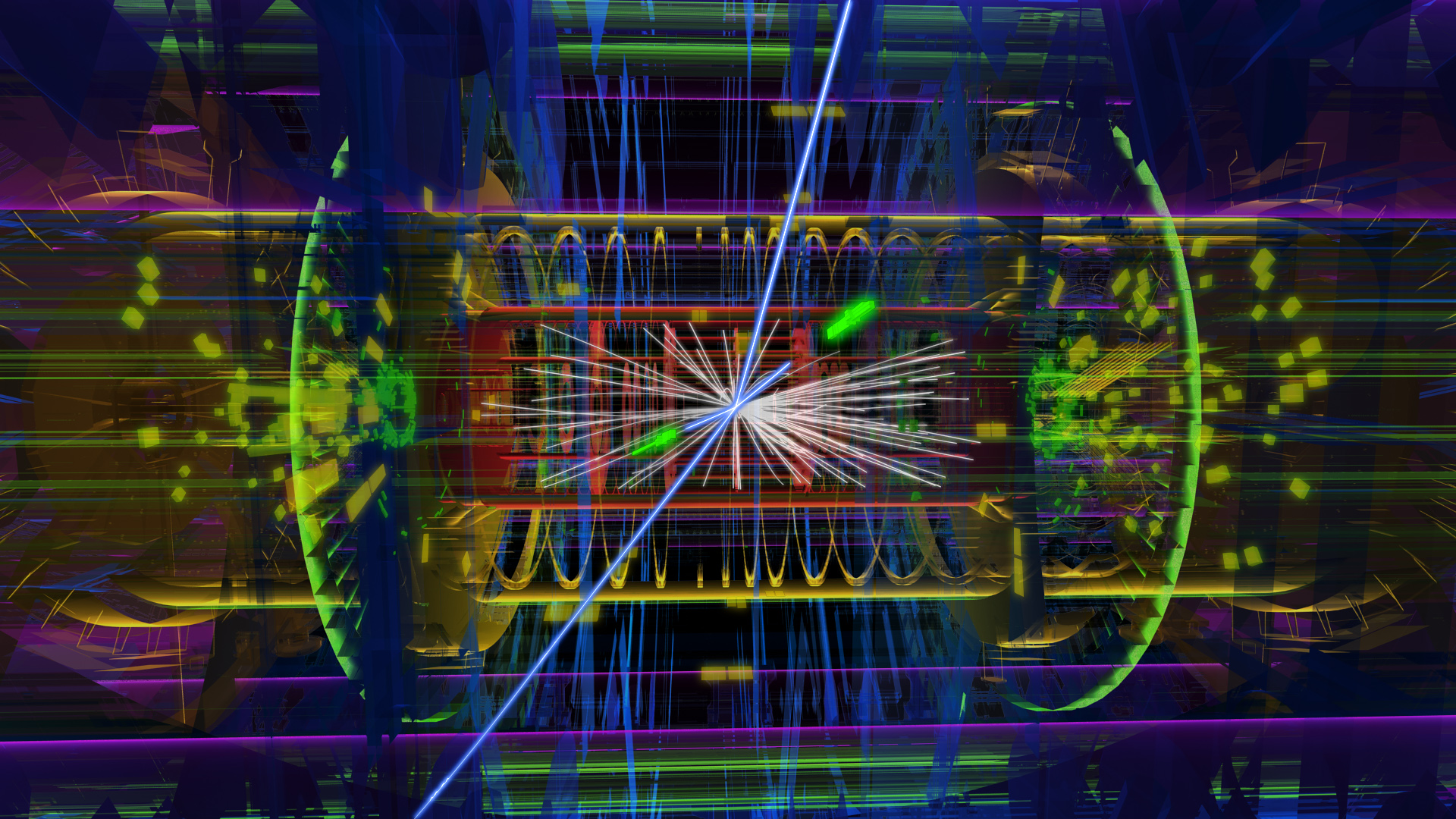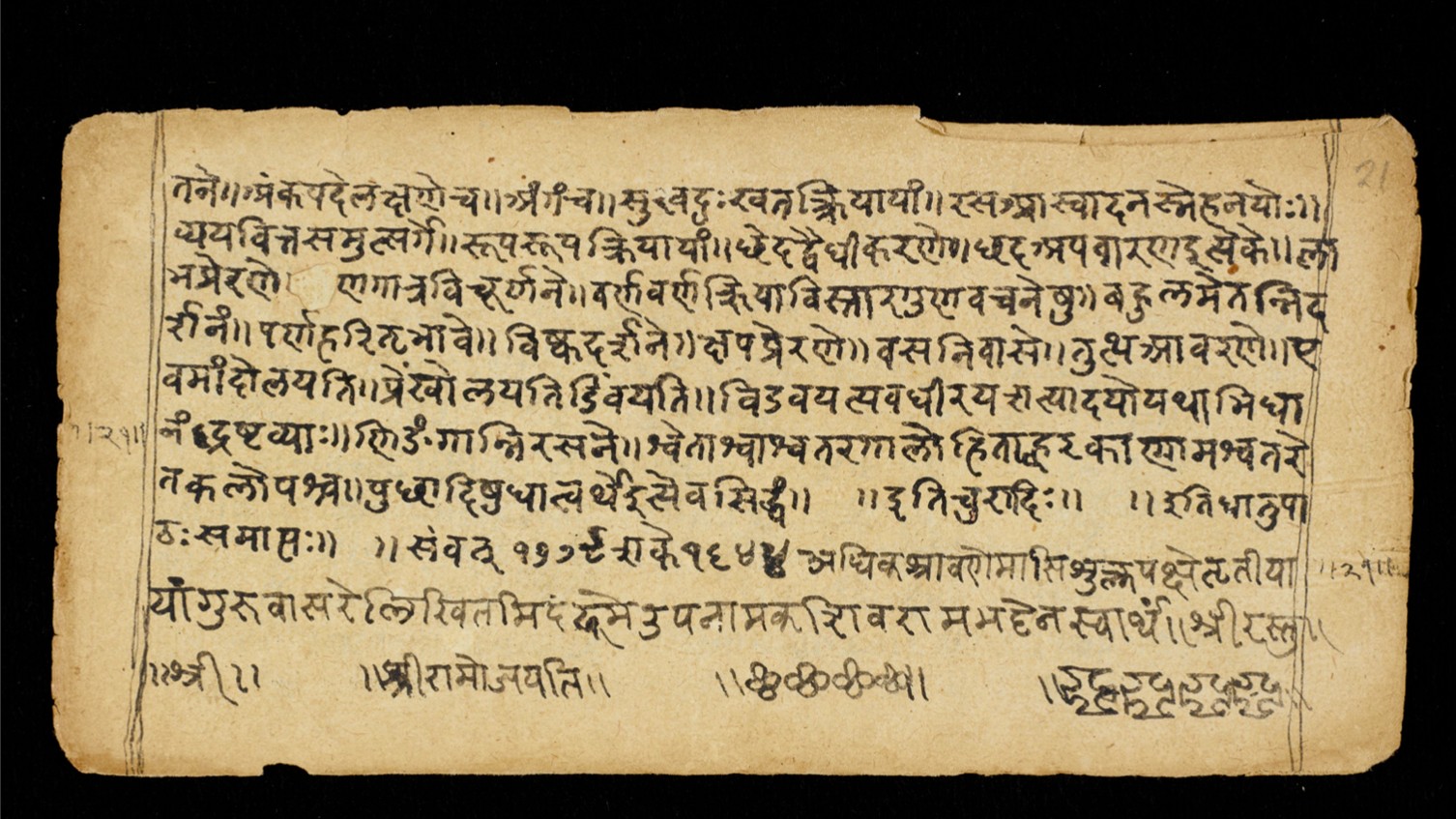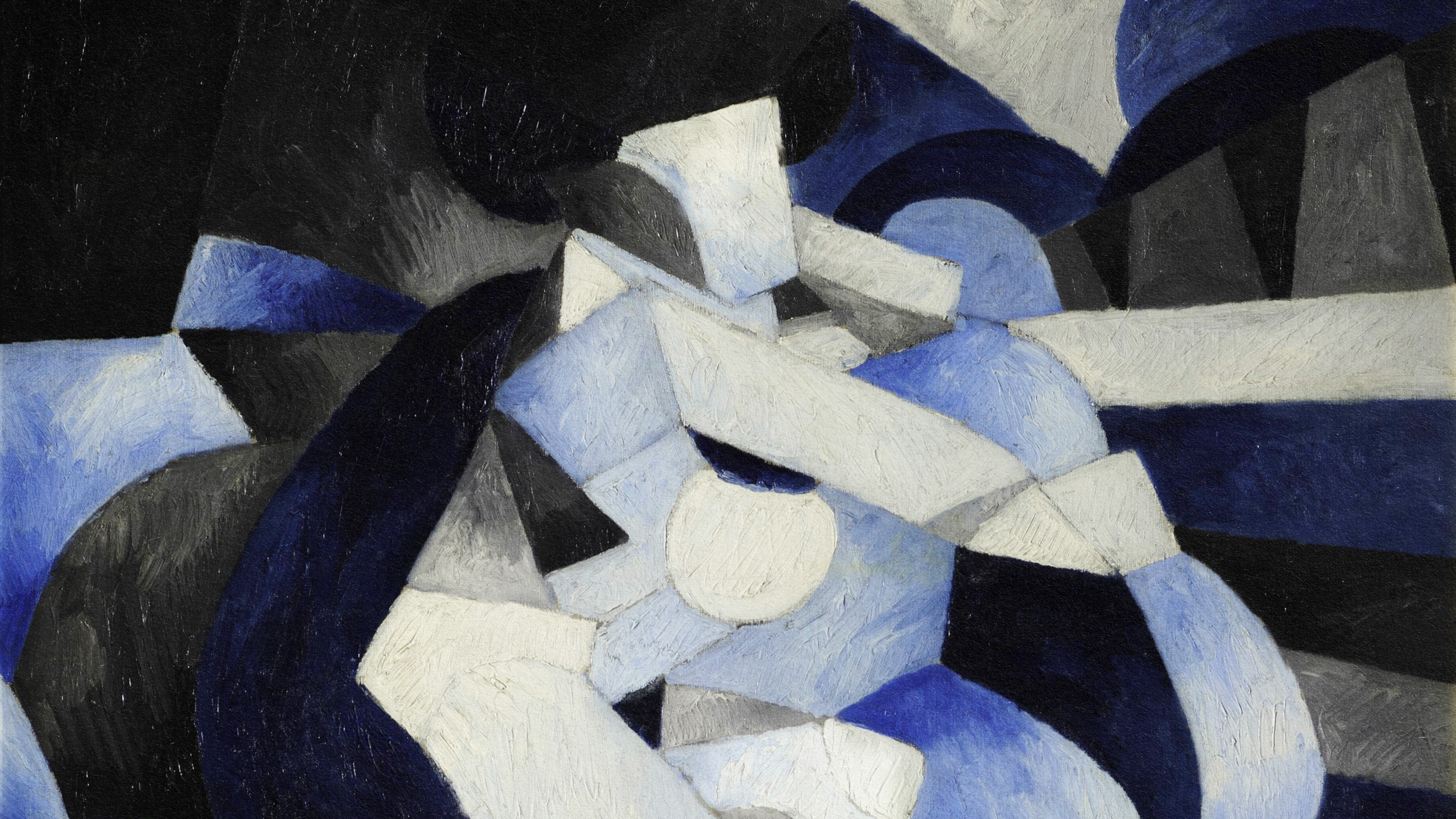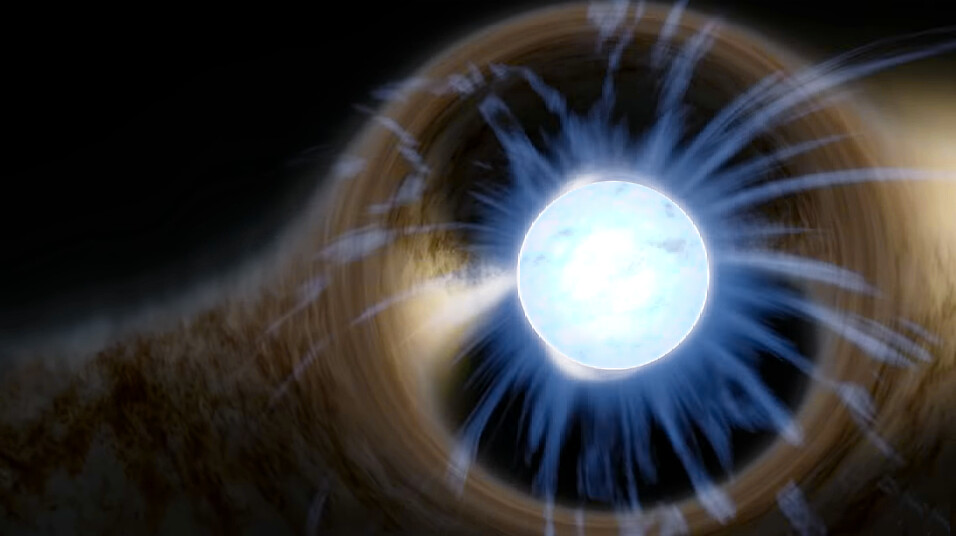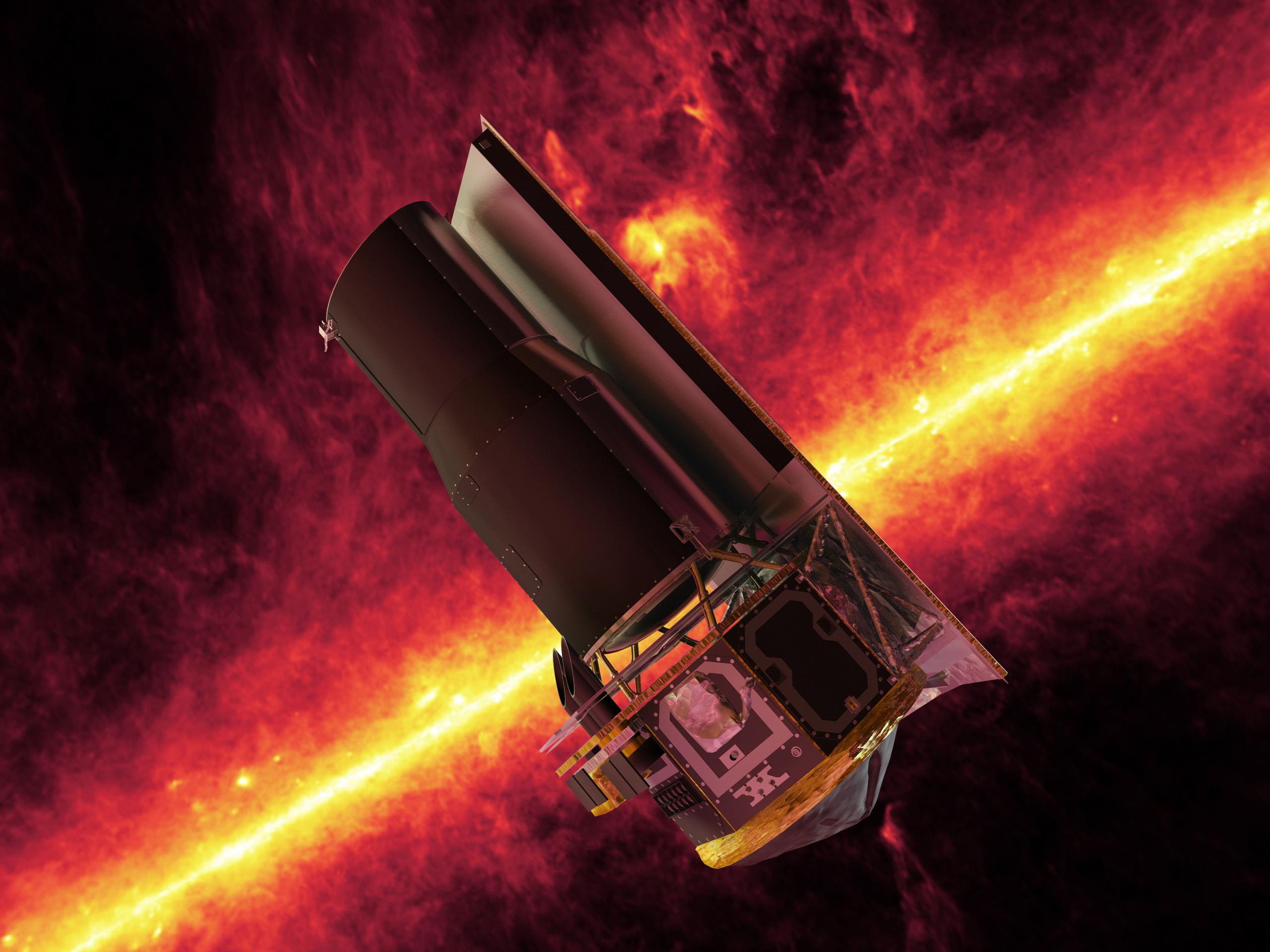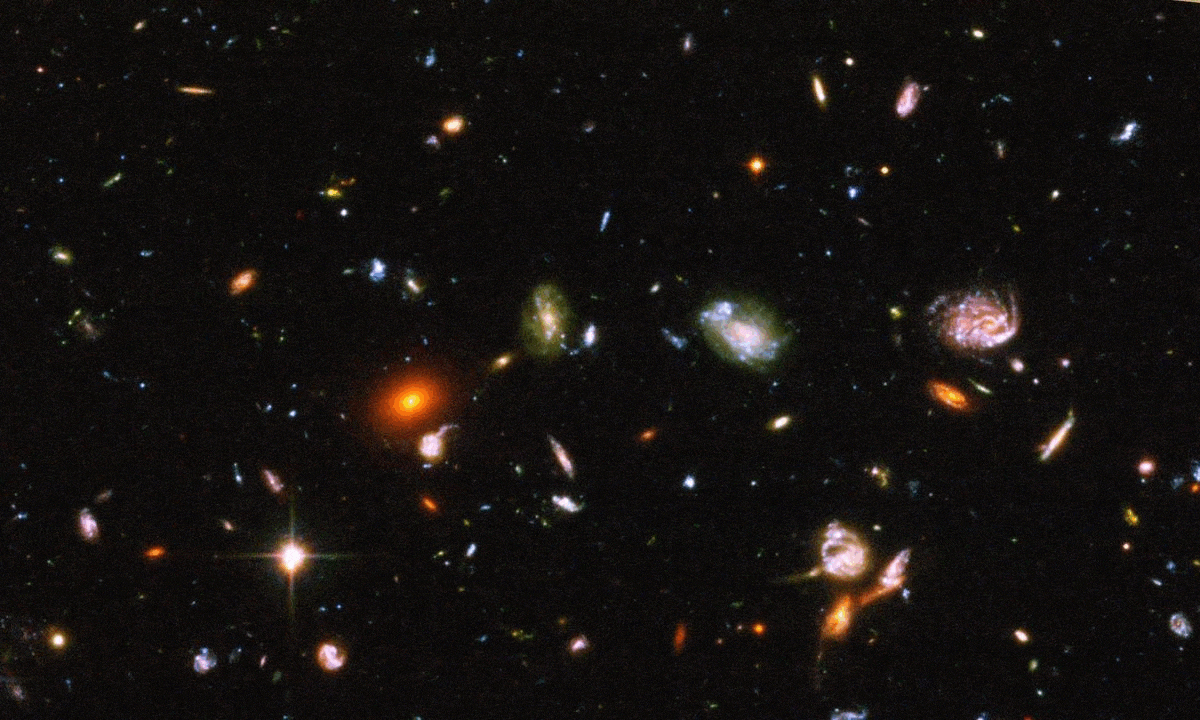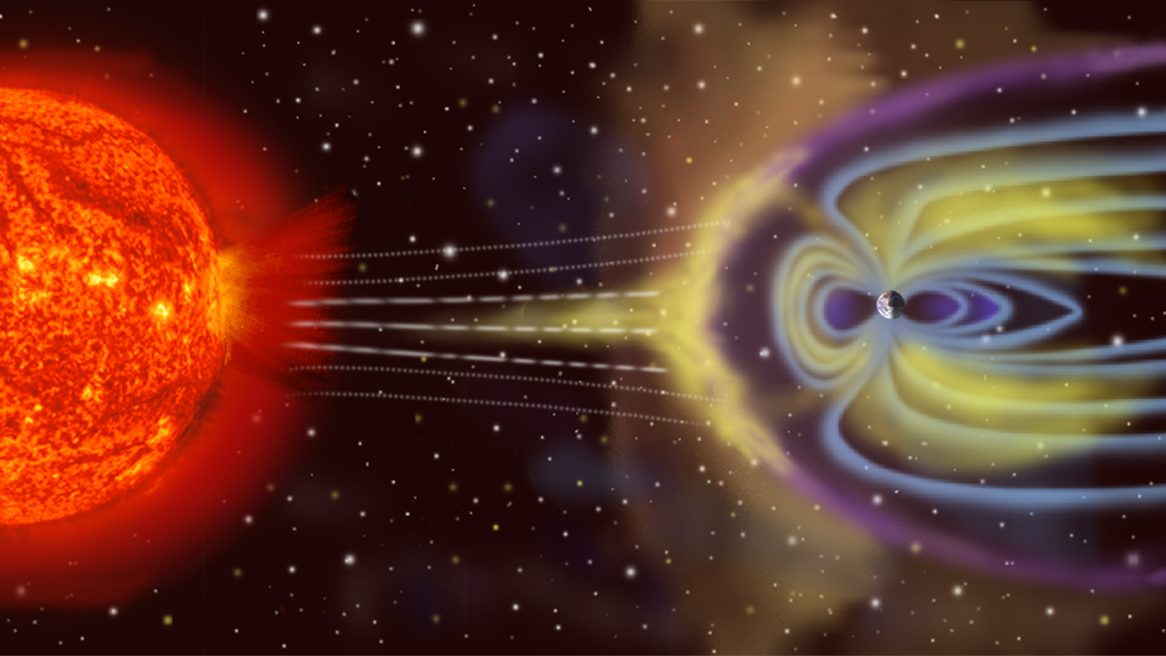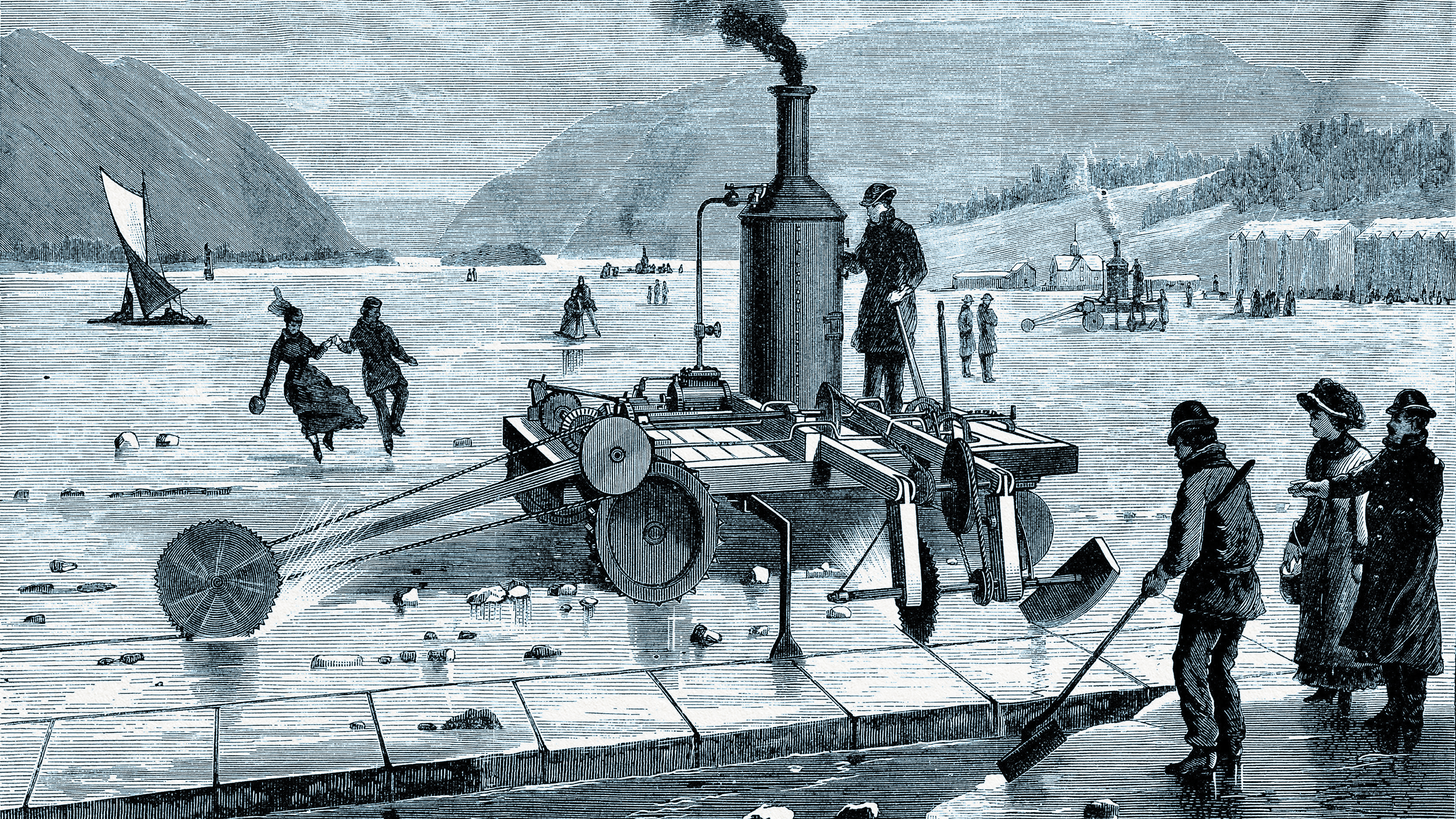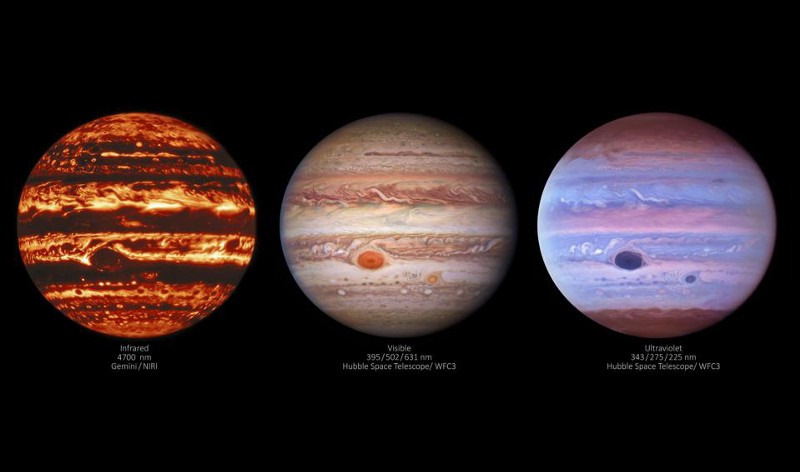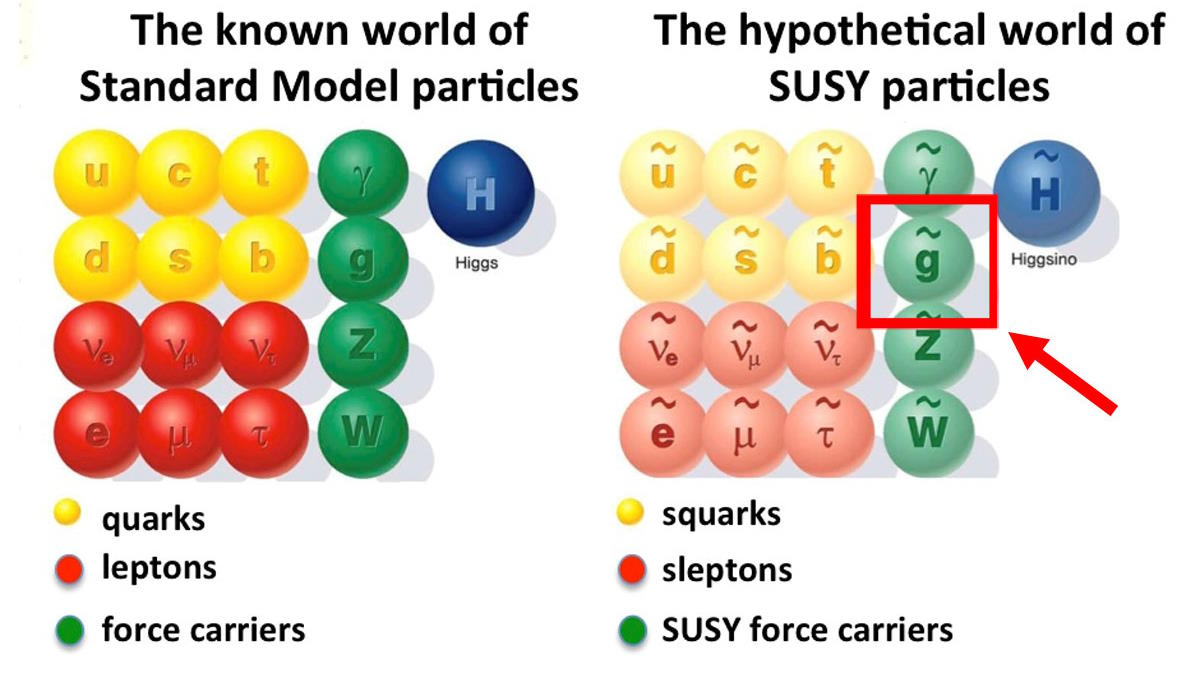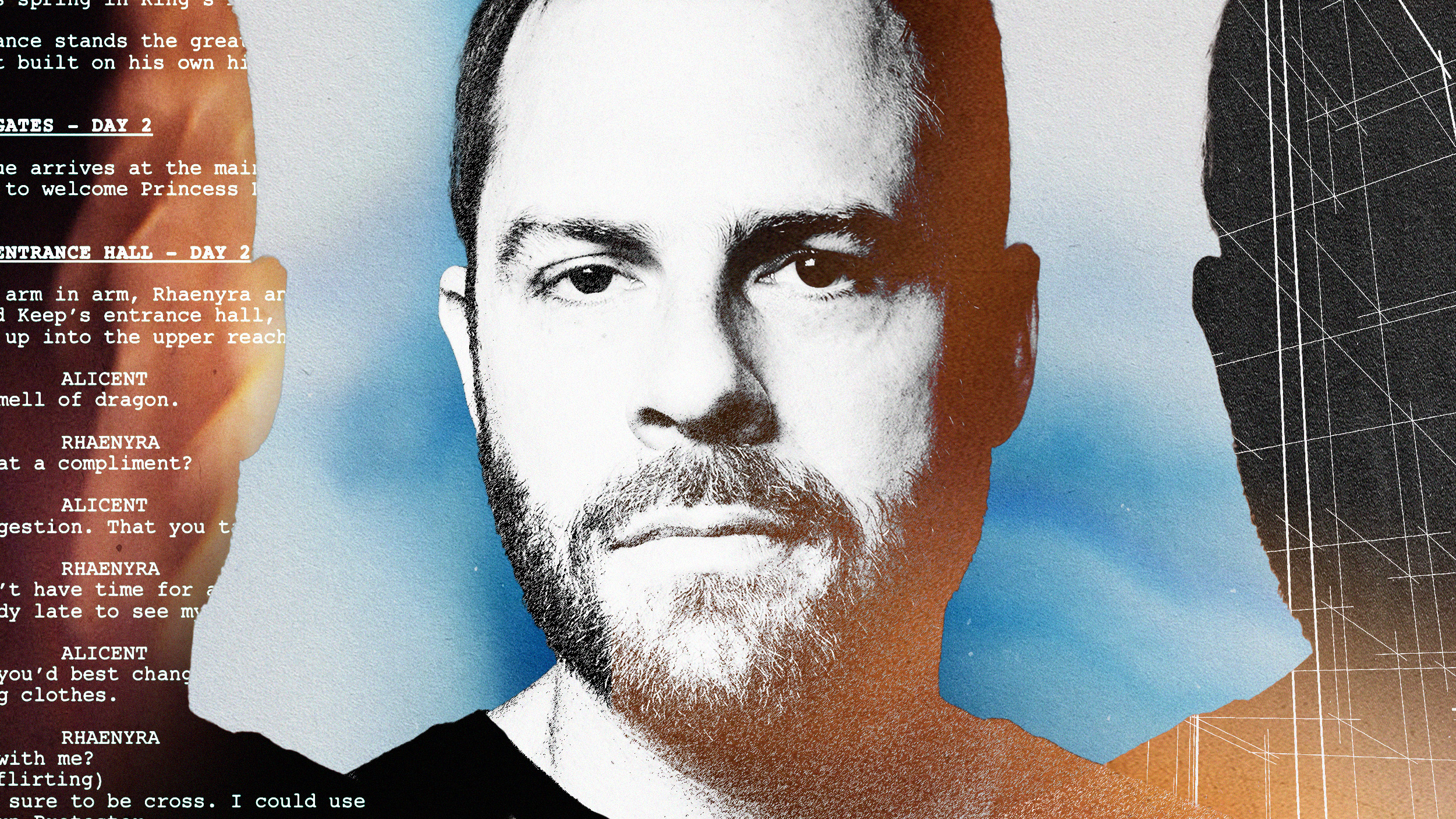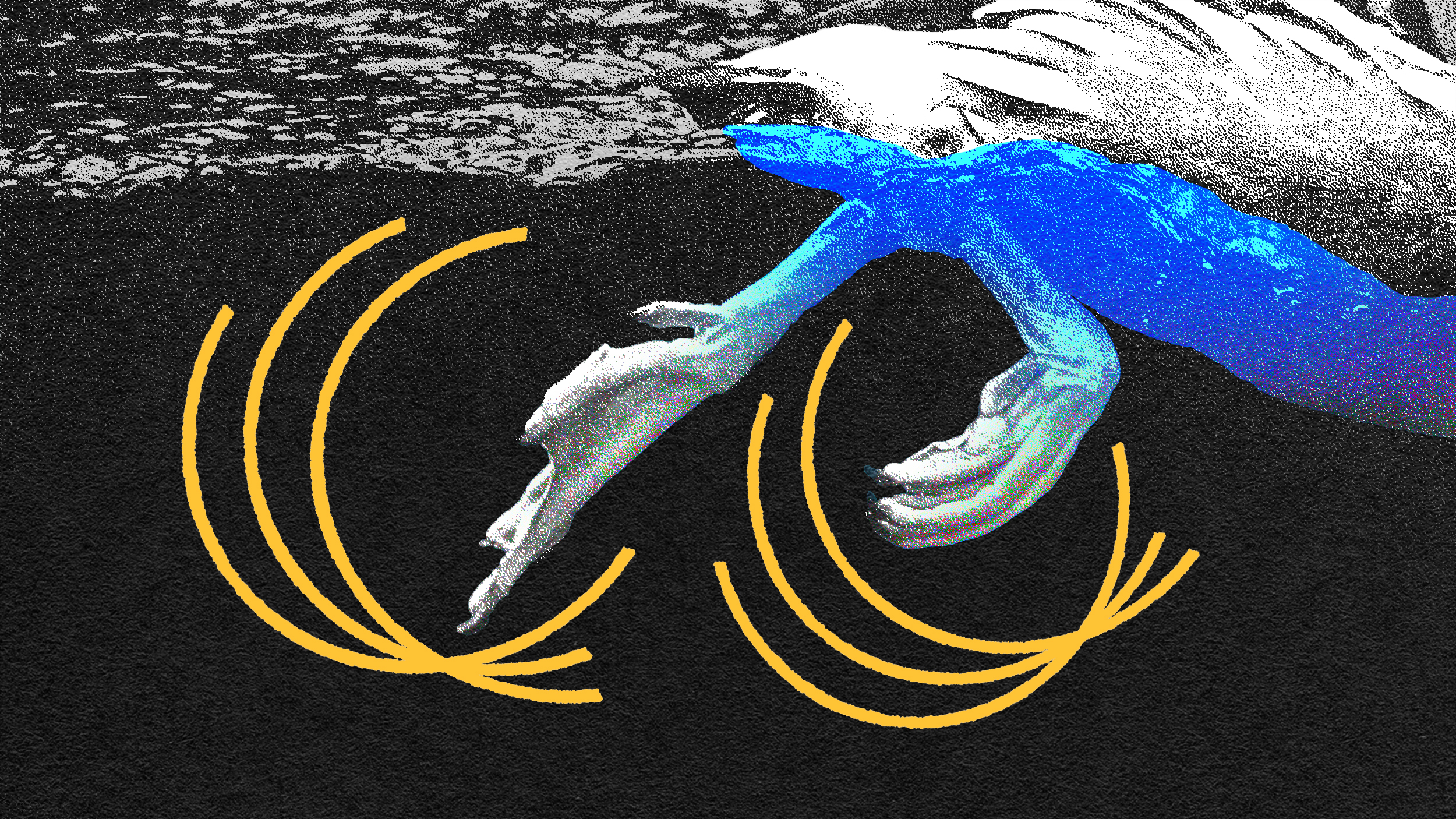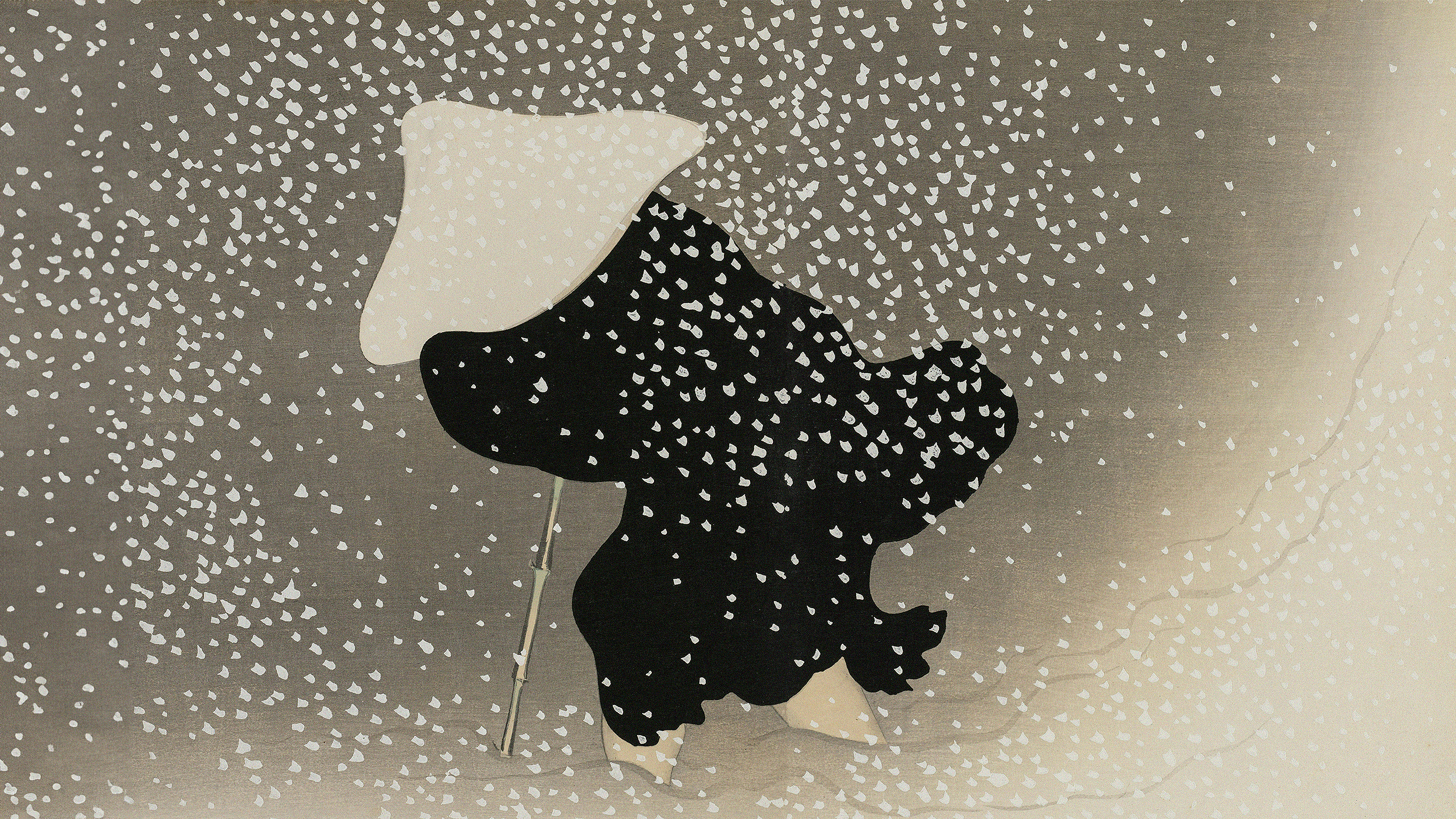In the very early Universe, practically all particles were massless. Then the Higgs symmetry broke, and suddenly everything was different.
Search Results
You searched for: m w
A Cambridge Ph.D. student has solved a grammatical problem that has befuddled Sanskrit scholars since the 5th century BC.
The Centennial State is technically a hexahectaenneacontakaiheptagon.
The perfectly accessible, perfectly knowable Universe of classical physics is gone forever, no matter what interpretation you choose.
Somewhere out there in the Universe is the heaviest neutron star, and elsewhere lies the lightest black hole. Where’s the line between them?
JWST’s revolutionary views arrive in high-resolution at infrared wavelengths. Without NASA’s Spitzer first, it wouldn’t have been possible.
The secret sauce of humor is incongruity. AI knows this as well as we do.
What would it take to create a truly intelligent microbot, one that can operate independently?
From inside our Solar System, zodiacal light prevents us from seeing true darkness. From billions of miles away, New Horizons finally can.
Symmetries aren’t just about folding or rotating a piece of paper, but have a profound array of applications when it comes to physics.
Here’s the case for why science can’t keep ignoring human experience.
Memories aren’t mental recordings, but pliable information we can use to better manage the present and conjure future possibilities.
Susannah Fox, former chief technology officer for the HHS, explains how technology has empowered us to help fill in the cracks of the healthcare system.
Arguments don’t have to be about winning or losing; they can help us build trust despite disagreeing.
NASA’s minivan-sized drone is scheduled to search for signs of life on Titan in 2034.
Why does the DMT experience feel so familiar to some people — even those who are trying the psychedelic for the first time?
Katie Kermode — a memory athlete with four world records — tells Big Think about her unique spin on an ancient technique to memorize unfathomably long lists of information.
As the Sun ages, it loses mass, causing Earth to spiral outward in its orbit. Will that cool the Earth down, or will other effects win out?
“It doesn’t erase what happened to you. It just changes the impact it has on your life.”
Ice harvesters once made a living from frozen lakes and ponds, but the work was strenuous and dangerous. Then refrigeration changed everything.
Infrared, visible, and ultraviolet combine to show us Jupiter’s features as never before. The largest planet in our Solar System, Jupiter, is our own ‘failed star.’ The best evidence-based classification scheme […]
You can learn an awful lot about people, culture, and politics by studying R.
Why can’t more rainwater be collected for the long, dry spring and summer when it’s needed?
Almost 100 years ago, an asymmetric pathology led Dirac to postulate the positron. A similar pathology could lead us to supersymmetry.
Ryan Condal, who worked in pharmaceutical advertising before Hollywood, talks with Big Think about imposter syndrome, “precrastination,” and Westeros lore.
The tonal Native American language differentiates words based on pitch and makes Spanish conjugation look like child’s play.
When we view hard work as a sign of low aptitude, it harms our ability to learn and grow.
An excerpt from renowned neuropsychologist Nicholas Humphrey’s book “Sentience: The Invention of Consciousness.”
Japanese thought can’t be easily characterized by just a few books — but this essential guide is a great place to start.
Forgetting and misremembering are the building blocks of creativity and imagination.
